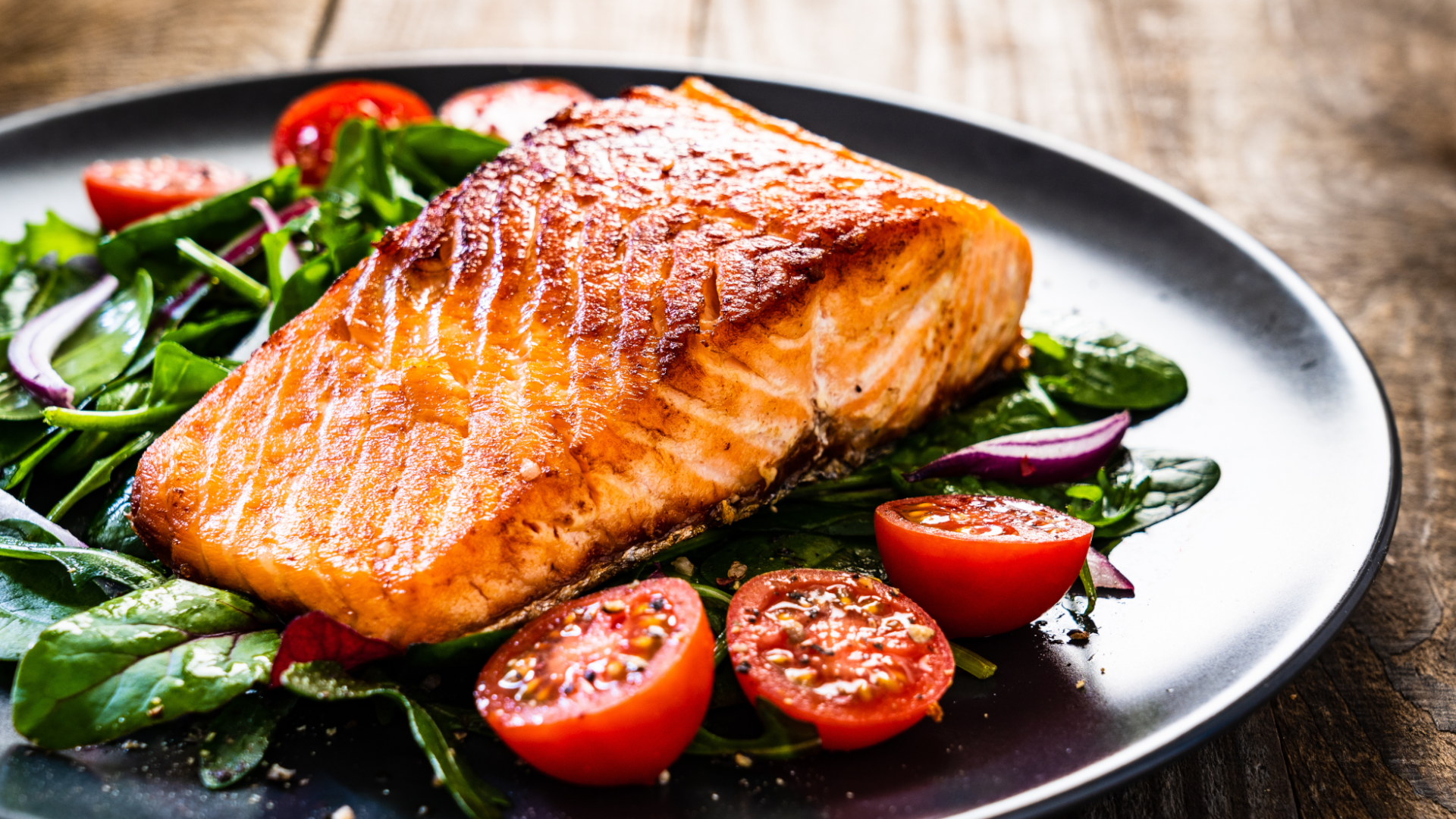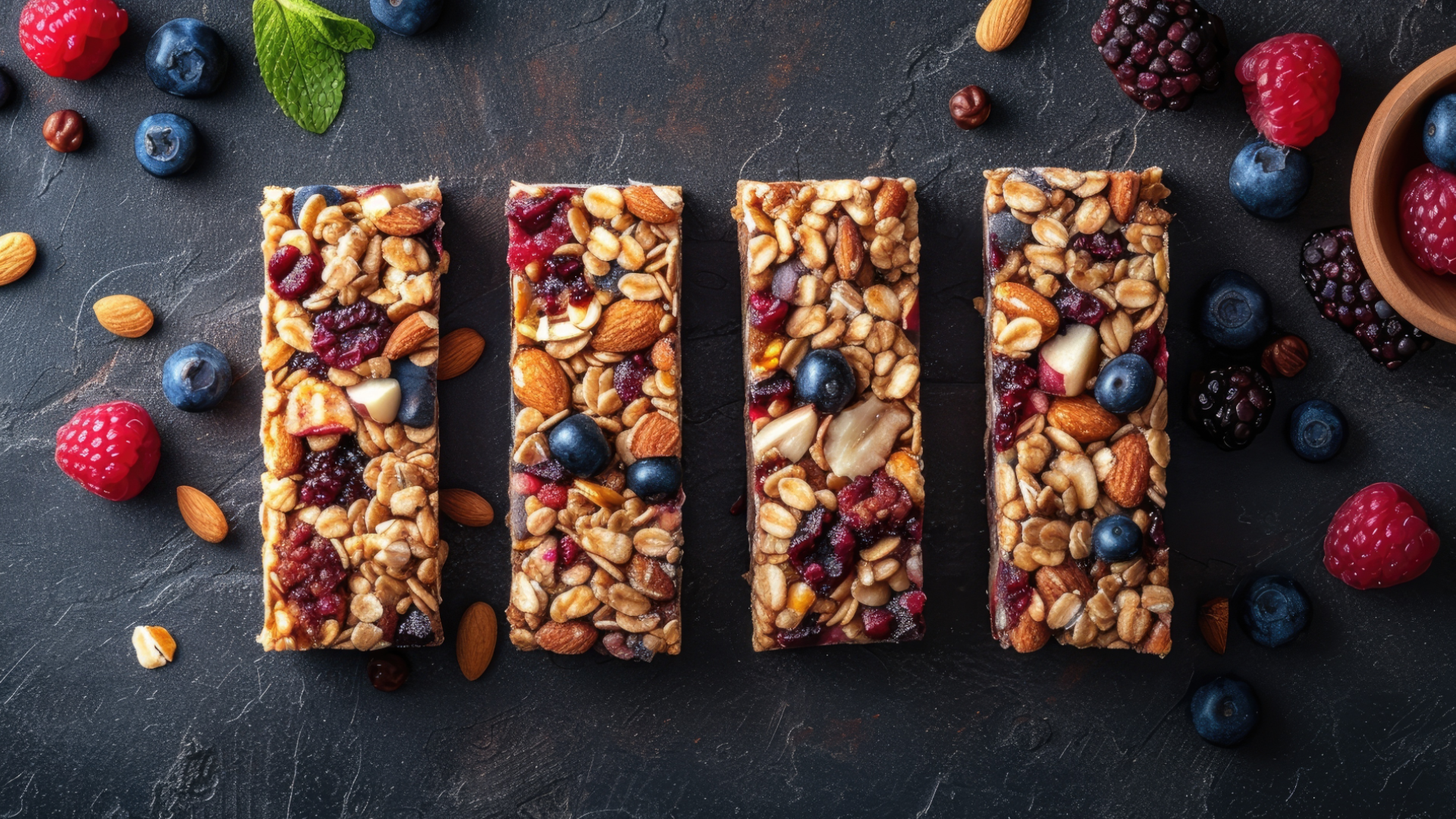Grab your cheat sheet |
When searching for the perfect protein shake, it can be easy to be taken in by marketing claims that seem to talk directly to your pain points. Two competing supplements, soy protein powder and whey protein powder, are regularly endorsed as the best solution.
While both are great products for anyone looking to increase their lean body mass, there are differences in the way the two products work.
So which should you use?
Whey protein powder or soy protein powder?
We explore what they are and the differences between the two proteins when it comes to building muscle.
What is protein?
Protein is one of the three macronutrients from which our bodies derive energy. It is made up of branched-chain amino acids, which are necessary for keeping our organs functioning, our immune system running, our bones healthy and for regulating our hormones.
We also need plenty of dietary protein to facilitate muscle protein synthesis.
We need all three macros - carbohydrates, fats and proteins - to support our body before, during and after our workouts. But getting enough protein is integral for muscle growth.
What is whey protein powder?
We use enzymes to separate the various elements when converting cow's milk into cheese.
We can derive three products:
Whey protein is the most commonly used protein by athletes worldwide because it is highly effective at building muscle mass when consumed alongside resistance training. It is easy to digest for most, it is vegetarian and provides a high-quality complete protein source for our muscles.
What is soy protein powder?
Soy protein is made from soybeans - the hulls and fats are removed from the soybean, and then it is ground up into soy flour.

This is then processed into a vegan protein supplement. It is one of the wide varieties of plant protein powders.
Soy vs. whey protein: what is the difference?
So we have two proteins: one derived from cow’s milk, the other a legume. But unless you are a vegan (which makes soy the obvious choice), which one is best?
Taste
It could be easy to skip this section, thinking, “I don’t care about the taste, I just want the best product to help me build muscle.”
We would always recommend you purchase a protein powder you like. If you don’t like it, you are much less likely to drink it daily, no matter how dedicated you are.
Some choose soy because it tastes better than other plant proteins, such as pea or hemp protein. However, it is still grainy and strong tasting compared with whey, known for its creamy texture and light flavour.
Concentrate and Isolate
Just in case choosing the right protein powder wasn’t difficult enough, sometimes there are ‘types within types’, although fortunately, a similar language is often used. Four of the most popular protein supplements are:
- Whey protein concentrate
- Whey protein isolate
- Soy protein concentrate
- Soy protein isolate
The concentrated version of each protein has less protein content compared to the isolate form and more carbohydrates and fats.
This doesn’t mean that the isolated forms are necessarily superior, as there are lots of nutrients in the concentrated forms of each protein which have fantastic health benefits. It really depends on your overall diet and workout goals.
Essential Amino Acids
Earlier we called whey protein a ‘complete protein source’, but what does this actually mean?
There are 22 amino acids, and our body needs every single one of them for proper functioning. However, there are 9 that we can’t produce ourselves meaning we must consume them from dietary protein. These are called the 9 essential amino acids.

Both whey protein and soy protein have all 9, meaning they are complete proteins, but they differ in their levels of each of the 9 amino acids. Whey protein has significantly higher concentrations of threonine, methionine, leucine, isoleucine and lysine.
Leucine in particular, is the amino acid that really kickstarts muscle growth so it is vital you get plenty of it to encourage optimum muscle protein synthesis. You can achieve the same results using soy protein, but you may just have to take more of it to get enough essential amino acids to do the job.
Digestive Inhibitors
Soybeans contain what are called “protease inhibitors” - these dramatically reduce the body's ability to digest protein. Heating soy products does reduce the effect of these digestive inhibitors, but overheating can reduce the digestibility of amino acids.
It is vital you make sure to buy from a reputable company which you can trust to process the soybeans correctly.
While the effects of this may be minimal in a good quality soy protein, it goes in favour of whey protein which our body digests easily.
Which is better: soy protein vs whey protein?
Whey protein is undoubtedly a superior protein supplement. While both soy and whey protein are complete proteins, whey protein has a much higher concentration of essential amino acids, which work the hardest to improve our body composition.
Plant proteins, in general, aren’t as easy to digest as whey protein, and soy protein contains digestive inhibiting molecules, which could further reduce its effectiveness.
If you are looking for a whey protein with the highest quality ingredients, check out Crazy Nutrition’s TRI-PROTEIN formula.
We’ve discussed the importance of digestion in this article, and our TRI-PROTEIN uses a mixture of whey isolate, whey concentrate and casein protein meaning you digest our whey supplement at 3 different intervals. This means your muscles build, repair and recover more effectively using our protein complex, compared with single whey formulas.




